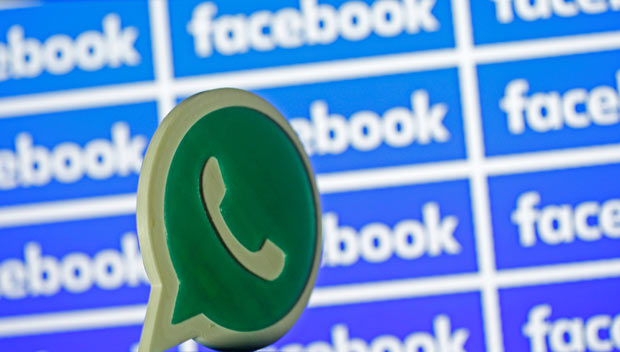Latest Photo Galleries
Brazilian Markets
13h54 Bovespa |
-0,25% | 124.419 |
16h43 Gold |
0,00% | 117 |
13h56 Dollar |
+0,31% | 5,1650 |
16h30 Euro |
+0,49% | 2,65250 |
ADVERTISING
Brazil's Pre-Presidential Candidates Target WhatsApp
03/05/2018 - 10h44
Advertising
ISABEL FLECK
JOELMIR TAVARES
FROM SÃO PAULO
A Datafolha survey held in January shows that nearly two thirds of Brazilian voters have a WhatsApp account. In the entire country, 36% read and 21% share news on Brazilian politics and elections on the message app.
Even so, the vast majority of the politicians likely to run for president do not pay much attention to the platform, which, according to specialists, could be crucial in the 2018 elections.
Campaigns can begin officially only in August; however, that does not prevent establishing communication with potential voters earlier.
"It is long-term work, which ideally requires six months – at least three," says political marketer André Torretta, the president of CA-Ponte - the Brazilian branch of Cambridge Analytica, the British consulting company responsible for President Donald Trump's campaign in the U.S.
Some of his colleagues say, however, that annoying voters could mean backfire. Sending messages without a focus tends to be little effective.
The development of digital strategies includes qualitative surveys to identify target audiences and collect phone numbers to set up a databank to transmit messages.
Some professionals believe that candidates could be held legally accountable for using contacts obtained by companies that negotiate data legally.
That is because the law that establishes rules for elections does not allow the sales of clients' electronic record "to candidates, political parties or alliances."
An exception is Congressman Jair Bolsonaro (PSC), who sends messages several times a day, including videos and criticism to news articles that mention him. His voters are those who share messages the most: 34% of them, the Datafolha survey shows.
Translated by THOMAS MUELLO
Read the article in the original language
| Dado Ruvic/Reuters | ||
 |
||
| A 3D printed Whatsapp logo is seen in front of a displayed Facebook logo |



